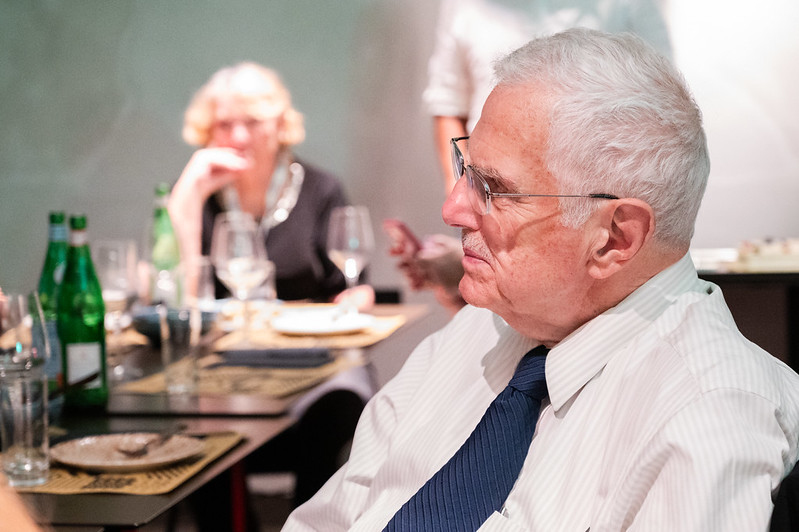Science educators today face a dilemma: Digital technology provides students with an unprecedented deluge of information, some of it true, and much of it false. How does science, which strives to reveal insights about the universe through meticulous, rigorous work and careful inspection from professional peers, thrive in such an environment?
A new essay seeks to address this challenge, describing science, its processes, and the basis of its credibility in clear terms. The authors’ aim is to help educators give students, from age 12 to college age, a clear understanding of how science works, and why evidence-based judgments are more credible than a simple belief.
TWAS Fellow Bruce Alberts of the University of California, San Francisco, in the United States, is among the authors. Alberts, who is also a former editor-in-chief of the journal Science and former president of the U.S. National Academy of Sciences, worked alongside biochemist and science podcaster Karen Hopkin and molecular biologist Keith Roberts to produce a piece of writing that emphatically advocates for science and communicates its methods.
“Science has produced such a vast array of knowledge about how the natural world operates that it not only allows humanity to foresee likely future calamities — such as climate change or a catastrophic collision with a far-away asteroid — but to take actions today to prevent them,” the essay says. “By producing reliable predictions about future events, science makes all our lives safer.”

The essay goes on to explain how the scientific process works, as well as the state of science institutions and what constitutes a consensus. The essay describes how scientists share their data and findings, evaluate each others’ work, and importantly: collaborate with the vast network of scientists across the world, including many in the global South.
“The misinformation that now predominates on the internet and social media has made us all realize that our entire society is now threatened if we do not explicitly prepare students for the world that they will inhabit,” said Alberts. “Hopefully, we have reached a tipping point that can get all scientists and teachers on board to make the needed changes.”
The essay was originally conceived as a section of the authors’ textbook Essential Cell Biology, which was published last year. A more general-purpose version of the essay was prompted during a meeting among prominent members of TWAS in Trieste in September 2023, encouraged by then-Executive Director Romain Murenzi. TWAS is also mentioned in the essay, cited as an example of an institution that maintains the cultural values of science.
“Maintaining the cultural values of science requires a continuous input of energy and attention,” the essay says. “Leading the way are venerable scientific academies, including the Royal Society in the UK (established in 1660), the US National Academy of Sciences (signed into existence by President Abraham Lincoln), and The World Academy of Sciences (a global science academy based in Trieste, Italy, working to advance science and engineering for sustainable prosperity in the developing world). Institutions like these shore up the pillars of science by educating future generations of scientists and instilling in them the community values and practices that are required for science to remain healthy.”
As Roberts says, “It is vital that young people today, bombarded with contradictory information, have the intellectual resources to evaluate for themselves what is truly reliable knowledge.”
Alberts, Hopkin, and Roberts are also working in collaboration with other organizations to improve the quality of science education, as well as to facilitate the sharing of good teaching materials online.
“We hope that this essay may serve as a guide to help educators—and everyone else interested in science—foster discussions about what makes science trustworthy, and how one can best separate science fact from science fiction,” said Alberts.
Sean Treacy

